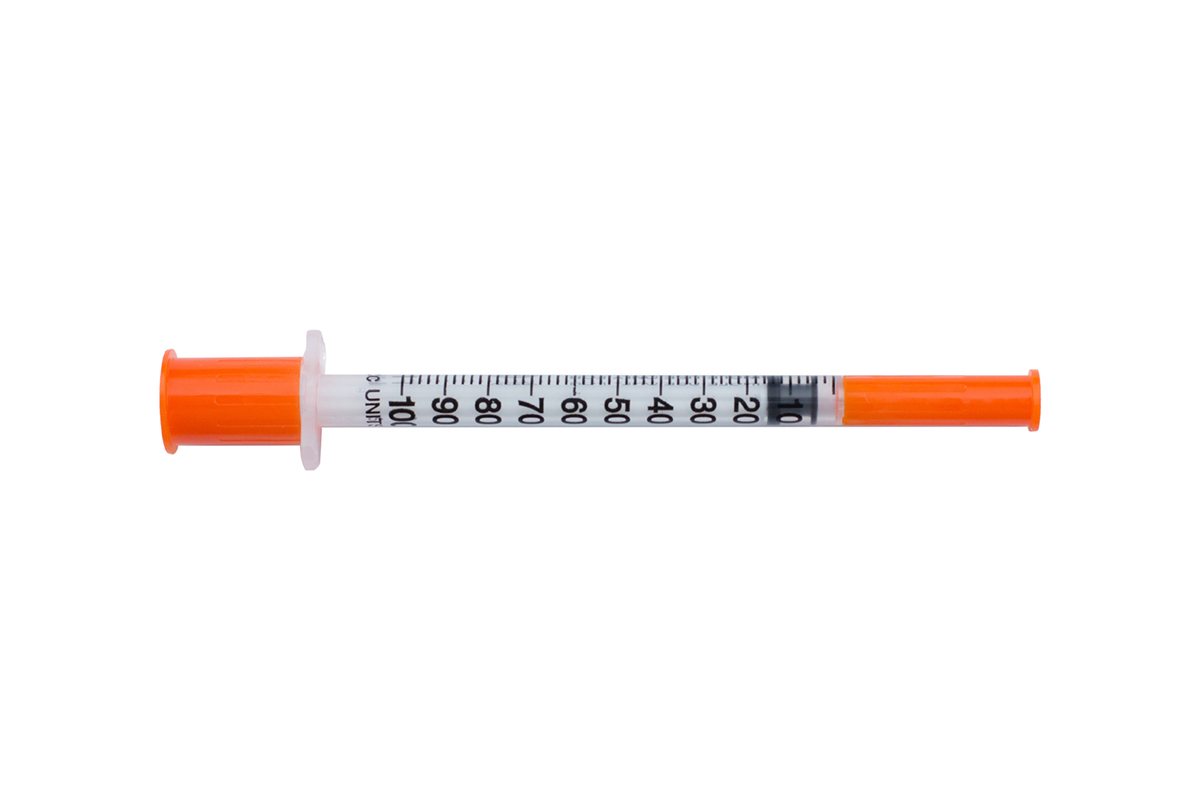
Insulin - General Info
Insulin is a hormone normally produced by the pancreas. This hormone is in charge with the glucose allowing its entrance into the body cells and this way insulin controls levels of sugar in the blood. In patients suffering from type 1 diabetes the pancreas does not produce insulin and this is the reason why the level of glucose in the blood is extremely high. Once the diagnosis of type 1 diabetes is confirmed patients are prescribed adequate dose of insulin which is supposed to be taken at certain times of day. Patients must stick to doctor's advice and try never to exceed the dose of insulin since too much insulin may lead to serious complications.
Insulin may be also prescribed to patients suffering from type 2 diabetes but only if the level of sugar in the blood cannot be controlled by proper diet and physical activity and if there is intolerance to oral antihyperglycemic agents.
Administration of Insulin
The patients usually mistake and think they should stick to the prescribed regimes even though there are certain changes in their lifestyles. Namely, it is not wise to use insulin prior measuring the level of sugar in blood since this way there is no information on whether the level of glucose is elevated or not. Furthermore, if one skips a meal there is no need for insulin since it will only cause hypoglycemia. And finally, there is a need for a bit increased doses of insulin in case patients are suffering from certain infections and the dose should be a bit reduced if the patient is engaged in any kind of sports activities. All of the previously mentioned must be discussed with the doctor who eventually decides and recommends adequate dose of insulin and explains why and when the dose should be modified.
Insulin Overdose Symptoms
Higher doses if insulin cause hypoglycemia, rapid drop of sugar level in the blood. Initially the symptoms of hypoglycemia include increased sweating and cold sweats, dizziness, shakiness, blurred vision and extreme hunger. If left untreated symptoms usually intensify and there are several more symptoms which include rapid or irregular heart beat and unusual sensation in the chest. There is also a problem with coordination, confusion and problems with speech.
Hypoglycemia leads to irritability, confusion and patients become abnormally anxious. In severe cases, if hypoglycemia is neglected, there is even chance of seizures, tremors and loss of consciousness resulting in coma. And finally, if the dose of insulin is way too high the person may die.
Hypoglycemia is an urgent medical state and requires prompt treatment. Patients are usually administered glucagon injections or a sugar solution. Patients suffering from diabetes should carry glucose tablets in case of unexpected hypoglycemia.



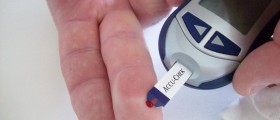


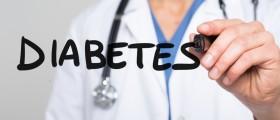
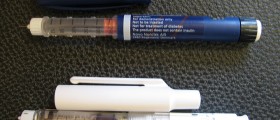


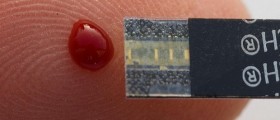
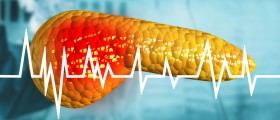
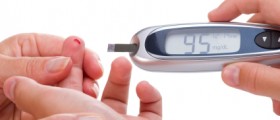


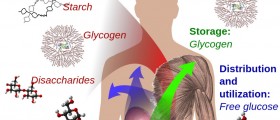

Your thoughts on this
Loading...